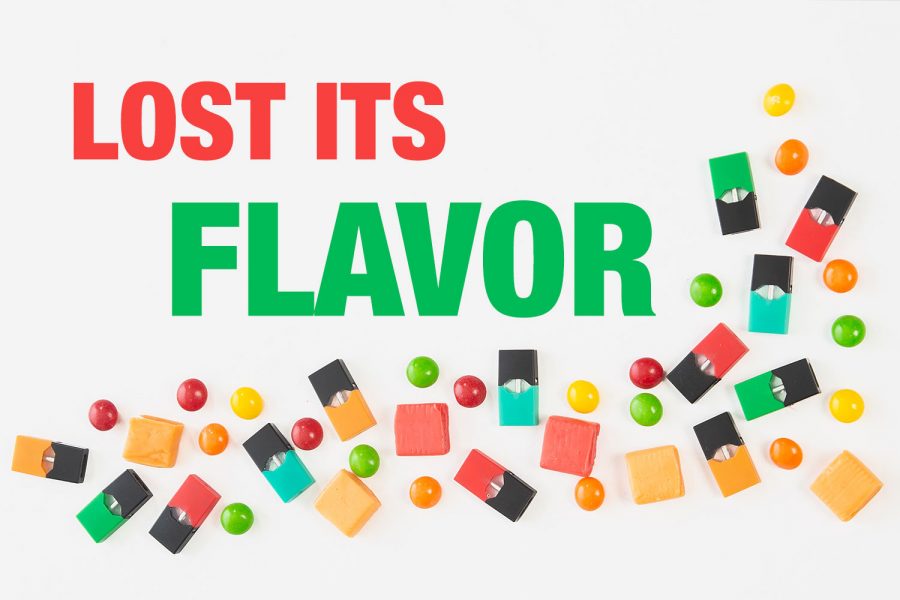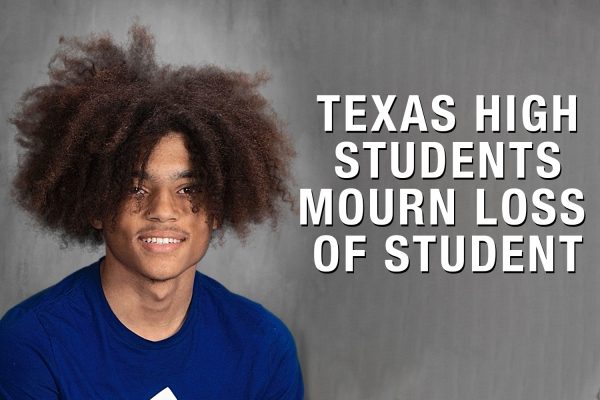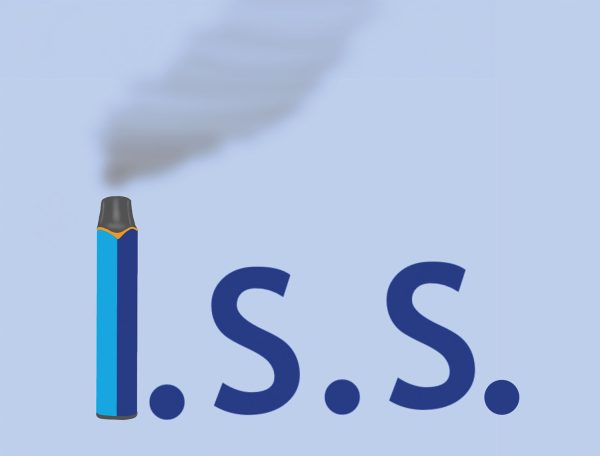Lost its flavor
FDA bans flavored e-cigarettes in stores
December 24, 2018
After a bombshell report showed that the use of e-cigarettes among high school students increased 80 percent since 2017, the FDA is implementing a ban on the sale of flavored e-cigarettes. One of the most popular e-cigarette brands, Juul, stopped accepting orders of its mango, fruit, creme and cucumber pods from more than 90,000 retail locations, including tobacco stores, ahead of the FDA’s announcement.
Flavored Juul pods will still be available online, but only to customers 21 or older. Cool mint flavored pods, along with tobacco and menthol, will still be available in convenience stores and gas stations as the FDA argued they are more popular with adults.
Although the long-term health effects of vaping are still mostly unknown, the FDA is focusing these new industry regulations and its “The Real Cost” youth e-cigarette prevention campaign on nicotine, the most addictive element of vaping, since a statistic shows that those who vape are four times more likely to begin smoking.
“It’s a weird thing because the U.S. government has always had to battle with regulating private industry in a capitalist economy [in order to] look out for the public’s well-being,” United States government teacher Hunter Davis said. “[The FDA] is trying to minimize the effects on children and children going to buy e-cigarettes.”
Juul, among other e-cigarette brands, has faced scrutiny for using flavored pods in their products. The FDA suspects that these flavors encourage teenagers and children to begin vaping, which fuels the $15 billion industry.
The FDA suspects that these flavors encourage teenagers and children to begin vaping, which fuels the $15 billion industry.
— Joseph Rodgers
“I think one [aspect] that makes [vaping] accept able to [those who vape] is it doesn’t smell bad,” principal Carla Dupree said. “Instead, you smell different sweet flavors, so people who vape think it is OK, which is really misleading. The companies use the flavors to lure and persuade our young people that vaping is good for you and it’s fun.”
The vaping industry can also thank vape influencers and pop culture for portraying an image of vaping favorable to young people.
“[Vaping] is really the cool thing to do for certain groups, and some [teenagers] even associate vaping with being a little bit of a rebel because it is glamorized in [pop culture],” Dupree said. “Teenagers then develop addictions because of the nicotine and they form a habit.”
Teachers and administration have noticed similarities between the decline of the smoking industry in the latter half of the 20th century and the vaping industry today.
“[In] the 1940s and ‘50s, people were told that smoking is good for you. There was a complete deregulation of the [tobacco] industry and [Americans] were smoking constantly,” Davis said. “[The tobacco industry] had a big lobby, so it was difficult to get any regulation. Even when there were some regulations, it was all an effort to somehow make an unhealthy habit seem healthy, and I think vaping is trying to achieve the same [feat].”
At Texas High, nothing has changed in the punishment of vaping or possession of an e-cigarette, as it is treated the same as smoking.
“[Administration] just [tries] to be vigilant in watching for the problem and then catching it. The consequences are the same as if someone smoked on campus,” Dupree said. “We would confiscate the e-cigarette or vape pen, [notify] the [offender’s] parents and then send the student to [in school suspension].”
TISD administration recognizes that education is the only factor that will persuade those who vape to drop their e-cigarettes and realize the adverse health effects vaping produces.
“The problem with vaping is so new that I don’t think there are many studies out there to back up how harmful [vaping] can be,” Dupree said. “There is also a problem that has been with teenagers since the beginning of time that teenagers don’t think that something bad will happen to them and that they’re invincible, though I feel like education is key in ending the vaping epidemic.”




















